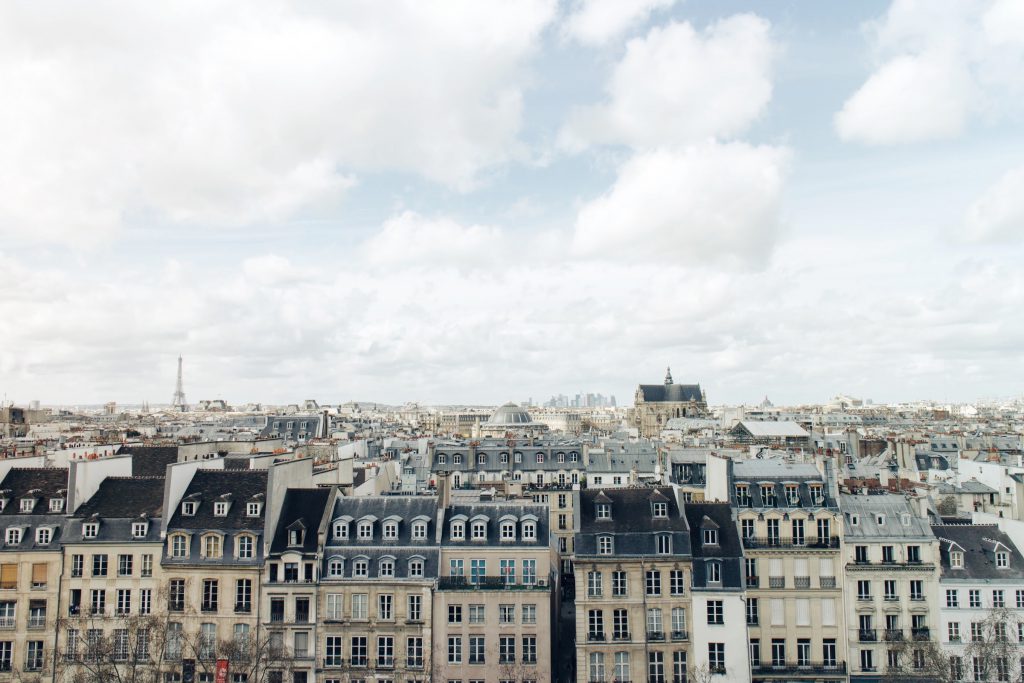According to French notaries, the real estate market in France has entered a new era. After a period of significant growth, the volume of real estate transactions has contracted by 8.1% for the year 2022-2023, totaling 1,083,000 transactions by the end of February 2023. Meanwhile, property prices are stabilizing, especially in Paris, where the price per square meter has slightly decreased to 10,250 euros as of May 2023.

Impact on first-time buyers
One of the most affected groups in this changing landscape is first-time homebuyers, particularly those with modest incomes. The rise in mortgage rates has made it increasingly difficult for them to enter the market.
Higher Mortgage Rates
The increase in mortgage rates has been a significant factor affecting the affordability of homes for first-time buyers. Higher rates mean higher monthly payments, which can be a barrier for those with limited financial resources.
Reduced Market Presence
As a result of these economic pressures, first-time buyers are now less prevalent in the market. This reduction could have long-term implications, as first-time buyers often stimulate the market by enabling existing homeowners to move up the property ladder.
Crisis in the new construction sector
The new construction sector is facing a crisis of its own, grappling with rising raw material costs, new environmental regulations, and a scarcity of available land. The French Building Federation has even described the last quarter of 2022 as the "worst quarter in the last sixteen years."
Rising Material Costs
The cost of raw materials, such as wood, steel, and concrete, has skyrocketed, putting additional financial strain on builders and, ultimately, homebuyers. These rising costs are making new homes less affordable, further exacerbating the challenges faced by first-time buyers.
New Environmental Regulations
New environmental standards are another hurdle for the construction sector. While these regulations are essential for sustainable development, they also add to the cost of new constructions. Builders now have to invest in eco-friendly materials and technologies, which increases the overall cost of homes.
Land Scarcity
The availability of land for new constructions is becoming increasingly scarce, especially in urban areas. This scarcity drives up the cost of land, making it more expensive to build new homes and, in turn, raising the final price for buyers.
What does this mean for the French real estate market?
Stabilizing Prices
The contraction in transaction volumes and the stabilization of prices could indicate that the market is cooling off. This could be a natural market correction following years of rapid growth, or it could be the beginning of a longer-term trend.
Impact on Investors
For investors, a cooling market could mean fewer opportunities for quick profits through property flipping. However, it could also mean more stable, long-term investment opportunities, especially in sought-after areas where property values are likely to hold steady or increase over time.
Policy Implications
The current trends may also have policy implications. The government might need to intervene to make housing more affordable, especially for first-time buyers. This could involve financial incentives, changes in mortgage regulations, or even direct investment in affordable housing projects.
Conclusion
The French real estate market is undergoing a significant transformation. With contracting transaction volumes and stabilizing prices, the landscape is changing for buyers, sellers, and investors alike. While these shifts pose challenges, particularly for first-time buyers and the new construction sector, they also offer opportunities for long-term stability and growth. As the market continues to evolve, understanding these trends will be crucial for anyone looking to navigate the complexities of the French real estate market successfully.

 Open Immovlan
Open Immovlan